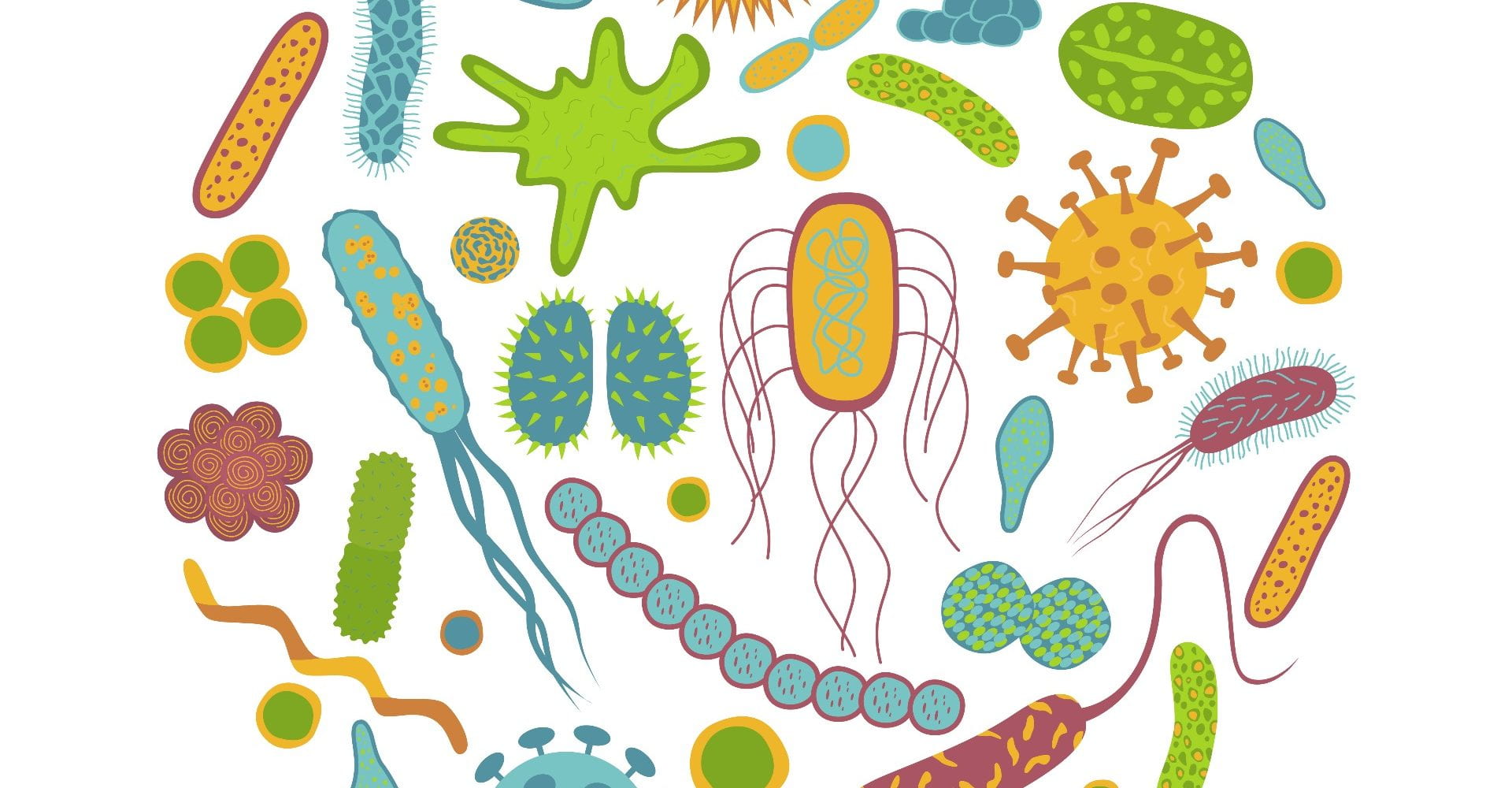
EMRI PhD scholarship available
In collaboration with A/Prof Heroen Verbruggen, associate professor in the School of BioSciences we are opening a PhD position in computational metagenomics. More details below.
The supervisory team includes myself, Vanessa Marcelino & Heroen Verbruggen. Application deadline is 24 July 2020. Contact us for more information.
PhD project: Computational methods for metagenomics
Metagenomics uses shotgun sequencing of environmental samples (e.g. soil, stool, water) to determine the biodiversity and functions of microbes present in the environment. Bioinformatics analysis of these data typically involves sequence assembly, taxonomic identification and functional annotation. Many existing tools are not equipped to deal with such data which originate from mixed communities.
The goal of this PhD project is to improve several aspects of metagenomics analysis, ranging from bioinformatics to statistical approaches.
From a bioinformatics perspective, the project will first focus on evaluating and benchmarking metagenomics workflows that are currently being implemented into a pipeline in collaboration with MDAP. Different approaches have been devised for each aspect of the metagenomics workflow, each with their own benefits and drawbacks, which will need to be carefully evaluated on simulated, synthetic and real data sets. In a second phase, we will address the issue of metagenome binning. Assembly of metagenomes results in a mix of contigs belonging to different species, and accurate separation of those contigs into bins corresponding to the different species is required. The project will incorporate and develop novel approaches to improve metagenome binning, with an emphasis on deriving meaningful bins for eukaryotic organisms.
From a computational statistics perspective, the project will focus on answering relevant biological questions based on metagenomics via data integration with other relevant information, such as sequence data annotation. The project will bring richly annotated data from the metagenomics workflows into the mixOmics package for advanced statistical analysis.
The outcomes of this project will be a suite of open access computational tools for metagenomics to solve some of the most pressing problems in environmental microbiology. The PhD candidate will develop the following skillsets: computing programming, analysis of high-throughput biological data, multivariate and projection-based statistical methods for biological data integration, multivariate statistical data analyses, critical thinking.
You will work in an interdisciplinary team of statisticians, experimental and computational biologists and data scientists in a very dynamic environment. The Environment Microbiology Research Initiative consortium groups more than 30 researchers and Melbourne Integrative Genomics which include a group of 45 members focusing on the development of computational and statistical methods to better understand biological systems.
Selection criteria
- Completion (or near completion) of MSc or BSc with Honours in bioinformatics, computational biology or
biology with a strong interest in quantitative analysis
- Demonstrated experience in computer programming and bioinformatics
- Demonstrated aptitude for research, including the ability to prepare manuscripts and software packages
for publication
- Excellent interpersonal and both written and oral communication skills in English
- Excellent ability to work co-operatively and positively in a multi-disciplinary research environment and
liaise with people from diverse backgrounds
Supervisory team:
A/Prof Kim-Anh Lê Cao mixOmics webpage and website; A/Prof Heroen Verbruggen; Dr Vanessa Marcelino.
Main host institutions and partners: Environmental Microbiology Research Initiative; Melbourne Integrative Genomics and Melbourne Data Analytics Platform.
Categories